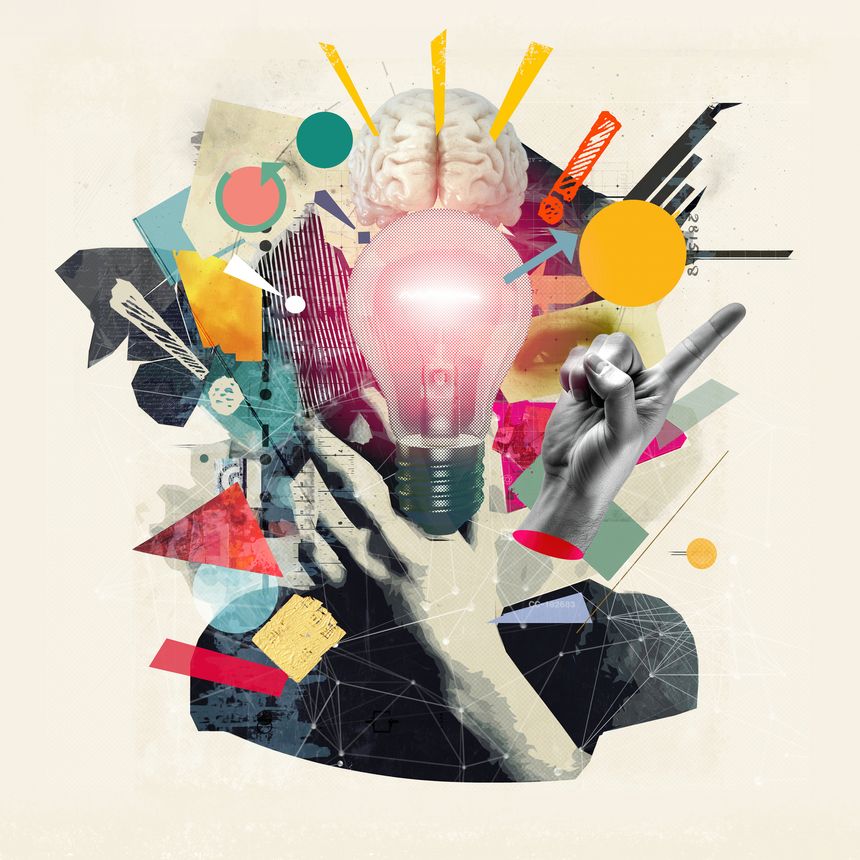But as the technology accelerates faster than policy can adapt, one truth is becoming clear: waiting for government regulation to define “responsible AI” is a losing strategy.
The future will not reward the cautious; it will reward the accountable.
The AI Gold Rush: Innovation Without a Compass
Across the global advertising ecosystem, AI is already entrenched in every layer of operation. It writes ad copy, selects audiences, automates media buys, analyses sentiment, and generates endless content variations. At events like Cannes Lions, the excitement is palpable wtth every brand, platform, and agency wanting to be seen leading the AI charge.
But beneath the buzz lies a growing unease.
While the pace of adoption has skyrocketed, ethical standards haven’t kept up. Each organisation is defining its own rules for data use, disclosure, and creative integrity. Some do it well.
Others are improvising.
And in this fragmented environment, even well-meaning brands risk stumbling into reputational or legal trouble.
Why “Wait and See” Is a Dangerous Strategy
Governments are moving toward regulation - from the EU’s AI Act to U.S. state-level policies on algorithmic transparency - but the landscape remains inconsistent and reactive. If the advertising industry waits for regulation to dictate what “responsible AI” looks like, it will be forced into compliance instead of leadership.
That would be a mistake.
Advertising runs on trust between brands and audiences, between agencies and clients, between platforms and publishers. Once that trust erodes, no algorithm can rebuild it. The rise of low-quality, AI-generated “slop content” flooding the web is already testing that foundation. Europol predicts that by 2026, up to 90% of online content could be AI-generated, much of it unverifiable or misleading.
Without proactive ethical frameworks, advertising risks becoming complicit in the problem rather than part of the solution.
Defining What Responsible AI Looks Like
Responsible AI isn’t a checklist or a press release. It’s a cultural mindset that must be embedded across every level of an organisation. It means:
Human oversight at critical touchpoints: ensuring that automation enhances, not replaces, accountability.
Bias identification and mitigation: building processes to detect and correct bias before it shapes audience targeting or creative tone.
Data protection and governance: treating every dataset as both an opportunity and a responsibility, especially when it includes personal or behavioural information.
Transparency and disclosure: giving clients, consumers, and partners a clear view of when and how AI is being used.
When these principles are lived daily, AI becomes not just powerful, but trustworthy.
Why Third-Party Validation Will Define the Winners
Self-policing isn’t enough. For AI systems that directly influence media performance, external certification will become the new currency of credibility.
Independent bodies such as the Alliance for Audited Media (AAM), ISO, and TrustArc can test, validate, and certify AI tools to ensure they meet ethical and technical benchmarks. That certification communicates something vital to the marketplace: “We’re not just claiming to use AI responsibly - we can prove it.”
In a future where algorithms drive billions in ad spend, verified trust will become as valuable as reach and engagement.
Lead the Standard, Don’t Wait for It
AI will continue to redefine advertising, from creative concepting to campaign execution. The question is not whether AI will shape the industry as it already has. The question is who will shape the standards that guide its use.
Brands, agencies, and platforms have a window of opportunity right now to lead with integrity. To embed responsible AI before regulators enforce it. To show clients and consumers that innovation can coexist with accountability.
Those who act early will set the rules. Those who wait will be forced to follow them.
The future of advertising won’t be written by algorithms. It will be written by the people who ensure those algorithms act responsibly.
Why the advertising industry can’t wait for responsible AI guidelines
 unknownx500
unknownx500




